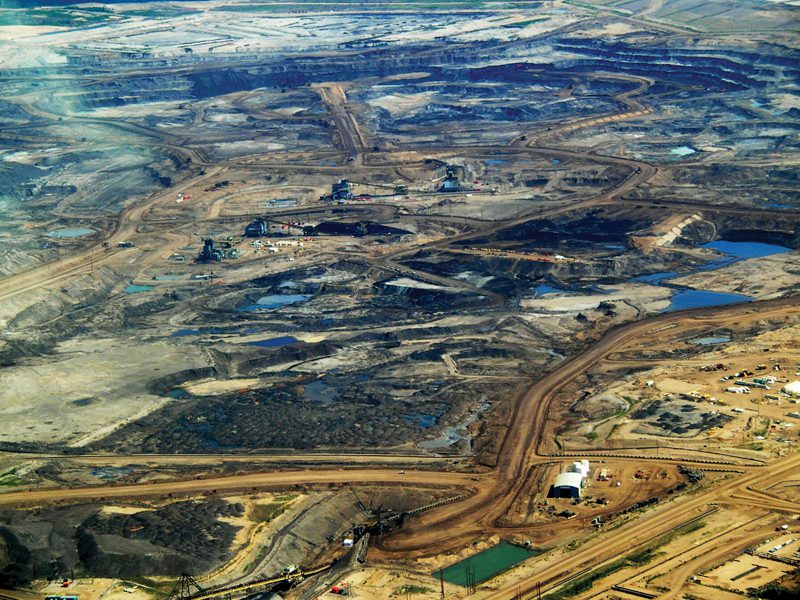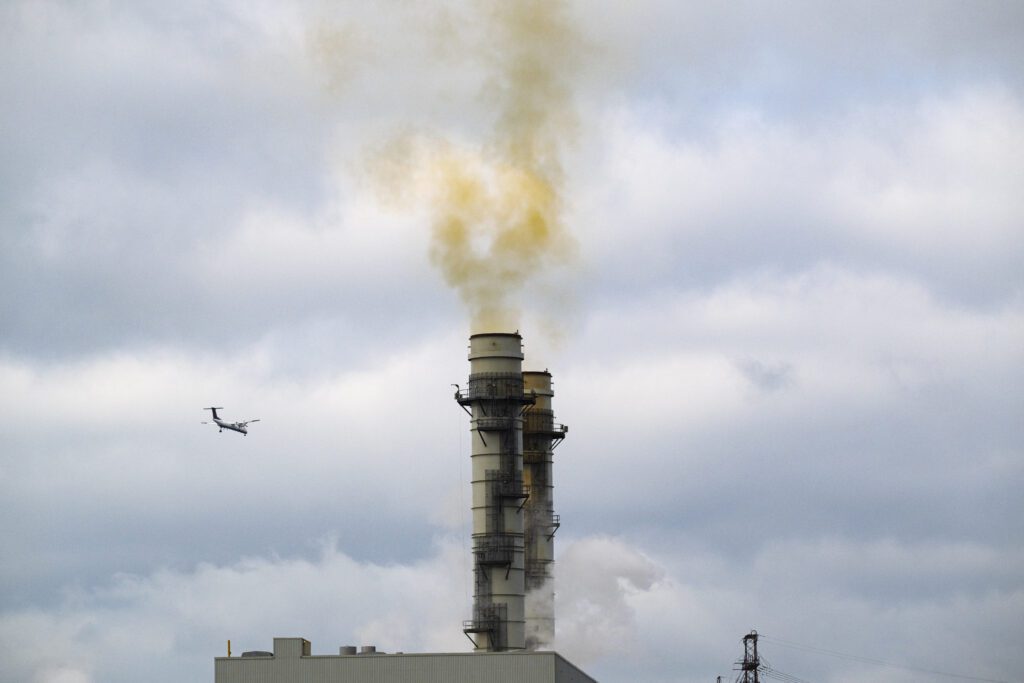Let’s start here. It’s good that Canada will have a price on carbon across the country on January 1st, 2019. Making polluters pay for their carbon pollution is one important element of a climate change plan. With record heatwaves dominating news cycles around the globe, the urgency of action has never been clearer.

But it’s frustrating that the government keeps watering down and delaying climate change policies in order to appease detractors. Last week is another example. Polluting industries, who were already told that 70% of their carbon pollution wouldn’t face the carbon price, will now have 80-90% of their carbon emissions exempted.
It’s reasonable to address competitiveness concerns in carbon pricing policies. But any concessions given to companies needs to be justified, based on evidence. The changes made last week don’t appear to be based on evidence. Or at least, we haven’t seen it.
Here are 5 reasons why the concessions to industry don’t make sense.
- It prioritizes polluters over the health of Canadians
Ontario’s coal phaseout. The acid rain agreement. Regulations for pollutants from vehicles. History is littered with examples of environmental policies opposed by industry, passed by governments anyway, and which led to an improvement in the health and well-being of Canadians. The economy also carried on, largely unaffected by these policies. The predicted economic pain never materialized.
- It’s bad policy
Research has shown that only five per cent of the Canadian economy faces competitiveness concerns from a carbon price – the risk that industries would leave the country. So why is most of industry getting these big concessions? All this latest concession does is reduce the incentive for those industries to clean up their act. Instead, the federal government should ensure that any exemptions are narrowly targeted at industries that really would leave Canada. There aren’t many.
- It’s just the latest concession to industry
There are other policies that have been watered down due to industry pressure. The Clean Fuel Standard is being delayed by 1-2 years and won’t actually be passed until after the next election. The methane regulations were also delayed and weakened. The government’s climate change strategy is at serious risk of unraveling…and with it its credibility on climate action.
- It puts us even further behind on our climate goals
Let’s remember why Canada needs to act with the rest of the international community. The world is on fire right now, in some cases literally. Canada already has a 66 million tonne gap in its plan to reach our Paris carbon reduction commitments. Every time a policy gets weakened, that gap grows. If we are actually, finally going to meet a climate commitment we’ve made to the global community, measures will have to be strengthened, not weakened.
- It’s a terrible political strategy
I don’t get it. Does the government think that opponents of carbon pricing will now be on board? Or even that they’ll mute their criticism. Because that’s not what happened…of course.
Saskatchewan Premier Scott Moe tweeted that the “watered-down” policy is just as bad. Ontario claimed that this was proof that the federal carbon levy is economically punishing. An oil and gas industry rep said they want even more concessions. Canadian Manufacturers & Exporters want all the money collected from the carbon tax to be returned to its industry members.
So if the changes make the policy less effective, and it doesn’t mute criticism from those who are opposed to any action on climate change, why do governments do it?
The bottom line
The Canadian government needs to decide if it really wants a climate framework that reduces carbon emissions in line with our commitments under the Paris Agreement or if it wants to kowtow to big polluters like Canada’s oil and gas companies. We all know that certain polluting industries will whine no matter what, and it’s up to governments to do what is in the best interest of Canadians.








